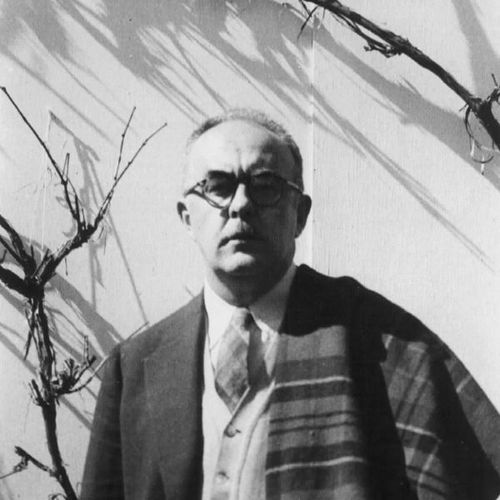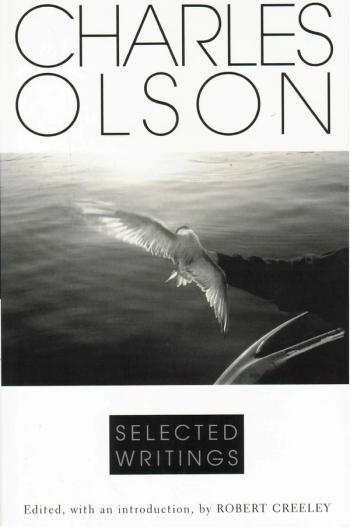Charles Olson
Charles Olson (1910–1970) was an American poet who is reputed to have coined the term “postmodernism.” Olson grew up in Worcester, Massachusetts and was educated at Wesleyan University and Harvard. For many years, he worked in politics, participating in the election campaign of Franklin Roosevelt and as publicity director of the American Civil Liberties Union. After Roosevelt’s death, Olson retired from politics to a life of writing, working on The Maximus Poems, which remained unfinished after his death.

